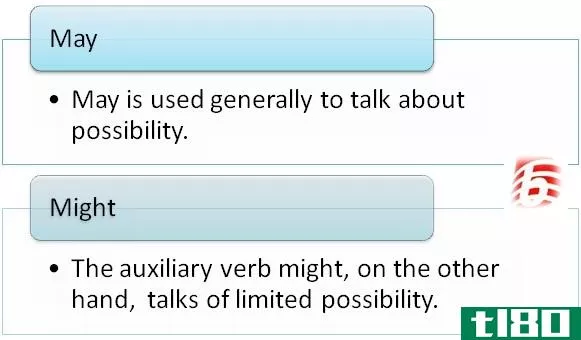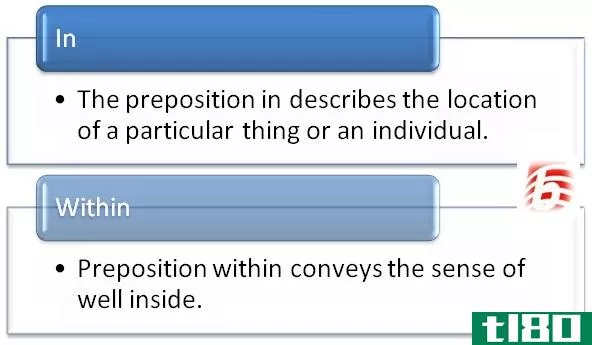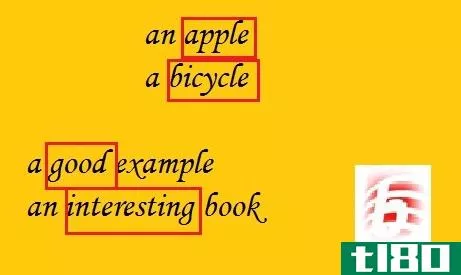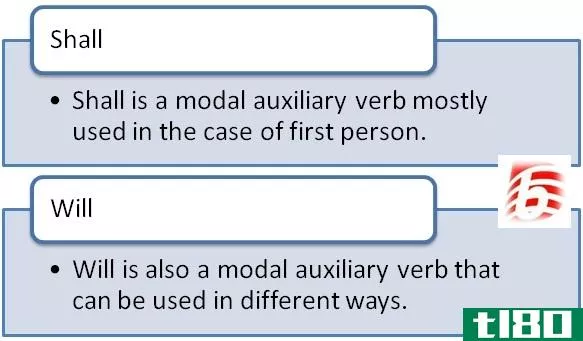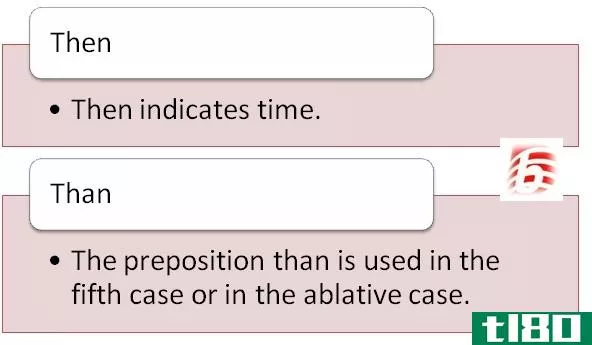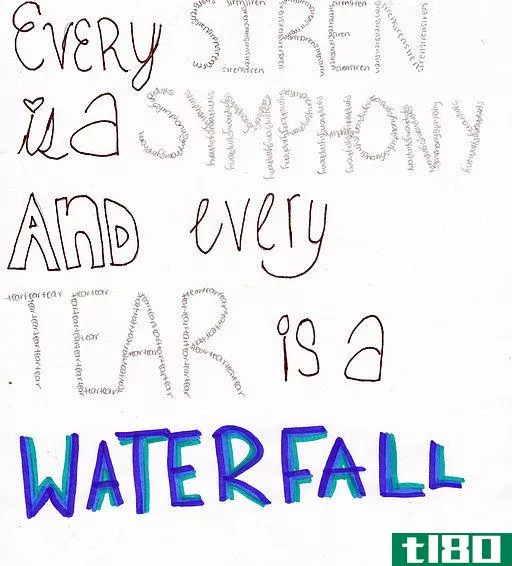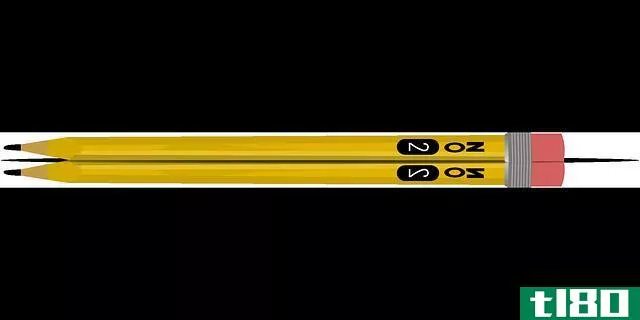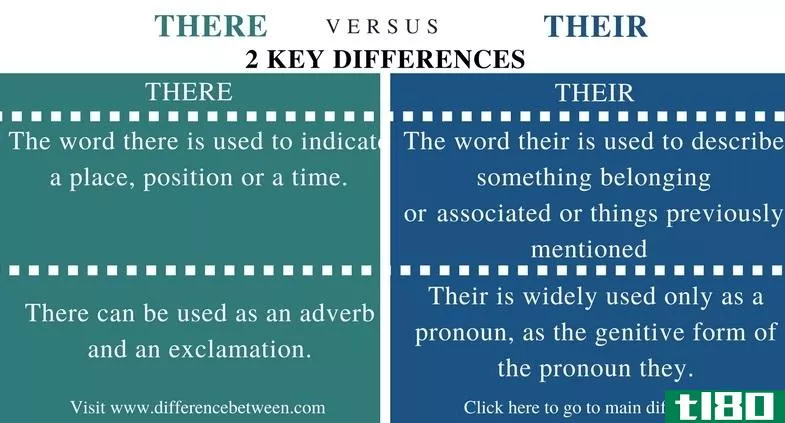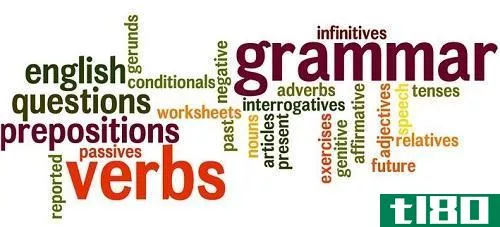什么是英语语法中的递归?(recursion in english grammar?)
递归是对特定类型的语言元素或语法结构的重复顺序使用。另一种描述递归的方法是语言递归。

更简单地说,递归还被描述为将一个组件放置在同一类型的另一个组件中的能力。
可以在序列中重复使用的语言元素或语法结构称为递归。
如何使用递归
"If you build an earthen home now, think of the wonder on the face of your great-great-great-great-great-great-great-great-great-great-great-great-great-great-great-great-great-great-great-great-great-great-great-great-great-great-great-great-great-great-great-great-great-great-great-great-great-great-great-great grandchild!"(Ianto Evans、Michael G.Smith和Linda Smiley,《手工雕刻的房子:建造Cob小屋的哲学和实践指南》,切尔西·格林,2002年)
"Some affixes are mildly recursive: re-re-write, anti-anti-war, great-great-grandmother. This type of morphological recursion (where the same affixal form is repeated without intervening morphemes) appears to be unique to this functional category across languages, though most ... affixes are not recursive." (Edward J. Vajda, "Referential and Grammatical Function in Morphological Typology."(Zygmunt Frajzyngier、Adam Hodges和David S.Rood编著的《语言多样性与语言理论》,约翰·本贾明斯出版社,2005年)
"He can take a letter from you to her and then one from her to you and then one from you to her and then one from her to you and then one from you to her and then one ..."(P.G.沃德豪斯,谢谢你,吉维斯,1934年)
"Didn't matter if the fe-fe was a VP, VIP, stay-at-home wife, his wife, his sister, a lover, an employee, an associate, a groupie, a counterpart, smart, fine, dumb, ugly, dumb and ugly, a model, a hooker, a Christian, his best friend, or his mother."(玛丽·莫里森,他只是个朋友。肯辛顿,2003)
"The fact that English permits more than one adjective in a sequence in this manner is an example of a more general feature of languages that linguists call recursion. In English, prenominal adjectives are recursive. Simply put, this means that prenominal adjectives can be 'stacked,' with several appearing successively in a string, each of them attributing some property to the noun. In principle, there is no limit to the number of adjectives that can modify a noun. Or better, there is no grammatical limit."(Martin J.Endley,《英语语法的语言学视角:英语教师指南》,信息时代,2010)
递归与意义
"In English, recursion is often used to create expressions that modify or change the meaning of one of the elements of the sentence. For example, to take the word nails and give it a more specific meaning, we could use an object relative clause such as that Dan bought, as in Hand me the nails that Dan bought. In this sentence, the relative clause that Dan bought (which could be glossed as Dan bought the nails) is contained within a larger noun phrase: the nails (that Dan bought (the nails)). So the relative clause is nested within a larger phrase, kind of like a stack of bowls."(Matthew J.Traxler,《心理语言学导论:理解语言科学》,Wiley Blackwell,2012)
递归与无限
"[One] factor that encourages linguists to believe that human languages are infinite sets stems from a presumed connection between linguistic creativity and the infinite cardinality of languages. Note, for example, this statement by [Noam] Chomsky (1980: 221-222): ... the rules of the grammar must iterate in some manner to generate an infinite number of sentences, each with its specific sound, structure, and meaning. We make use of this 'recursive' property of grammar constantly in everyday life. We construct new sentences freely and use them on appropriate occasions ... He is suggesting that because we construct new sentences, we must be using recursion, so the grammar must generate infinitely many sentences. Note also the remark of Lasnik (2000: 3) that 'The ability to produce and understand new sentences is intuitively related to the notion of infinity.' No one will deny that human beings have a marvelous, highly flexible array of linguistic abilities. These abilities are not just a matter of being able to respond verbally to novel circumstances, but of being capable of expressing novel propositions, and of re-expressing familiar propositions in new ways. But infinitude of the set of all grammatical expressions is neither necessary nor sufficient to describe or explain linguistic creativity. ... The infinitude of human languages has not been independently established--and could not be. It does not represent a factual claim that can be used to support the idea that the properties of human language must be explicated via generative grammars involving recursion. Positing a generative grammar does not entail infinitude for the generated language anyway, even if there is recursion present in the rule system."(Geoffrey K.Pullum和Barbara C.Scholz,“递归与无限声称”,《递归与人类语言》,Harry Van Der Hulst主编,Walter de Gruyter,2010)
- 发表于 2021-09-23 13:17
- 阅读 ( 256 )
- 分类:通用
你可能感兴趣的文章
可以(may)和可能是英语语法(might in english grammar)的区别
...may用在条件意义上。 可以(may)和可能是英语语法(might in english grammar)的区别 •May通常用于谈论可能性。 •另一方面,助动词可能表示有限的可能性。 •尽管这两个词都可以用来表示许可或请求许可,但它们的用法不同。 img...
- 发布于 2020-09-23 19:43
- 阅读 ( 374 )
在里面(in)和英语语法中的内部(within in english grammar)的区别
...”的额外含义。 在里面(in)和英语语法中的内部(within in english grammar)的区别 如前所述,介词in描述一个特定事物或个人的位置,而in介词则表达内心深处的感觉。更重要的是,in和within这两个词在与其他词不同使用时会产生不同...
- 发布于 2020-10-17 01:57
- 阅读 ( 386 )
一(a)和英语语法(an in english grammar)的区别
...些冠词的正确用法是非常重要的。 什么是英语语法a(a in english grammar)? 不定冠词a用于“一”的意义,它用在名词前面,作为一种数的形容词,如下面的句子中。 珍妮特今天早上吃了芒果。 在这句话中,你会想到珍妮特今天早...
- 发布于 2020-10-27 12:13
- 阅读 ( 271 )
应该(shall)和威尔英语语法(will in english grammar)的区别
...发光,但真金会发光。 应该(shall)和威尔英语语法(will in english grammar)的区别 •Shall是一个情态助动动词,主要用于第一人称。 •应有时用于表达建议、提议和请求。 •情态动词,也可以用在其他助词上。 •在预测中使用意志...
- 发布于 2020-10-28 00:43
- 阅读 ( 335 )
它的(its)和这是英语语法(it’s in english grammar)的区别
...用法在英语中很常见。 它的(its)和这是英语语法(it’s in english grammar)的区别 img.centered,.aligncenter{display:block;margin:0 auto 24px}.gallery-caption,.wp-caption-text{font-size:14px;font-size:1.4rem;font-weight:600;margin:0;text-align:center}.entry-content p{margin-to...
- 发布于 2020-10-28 13:10
- 阅读 ( 316 )
放置(lay)和英语语法(lie in english grammar)的区别
...。这两个动词要准确地使用。 放置(lay)和英语语法(lie in english grammar)的区别 •一个主要的区别是一个普通的谎言和谎言。另一方面,lie是一个不规则动词。 •常规动词lay有多种形式。他们是躺着,躺着,躺着。 •常规动词lay...
- 发布于 2020-11-03 03:40
- 阅读 ( 202 )
然后(then)和而不是英语语法(than in english grammar)的区别
...就听到电话铃响了。 然后(then)和而不是英语语法(than in english grammar)的区别 •Then是副词。Than是介词也是连词。比是众所周知的用于比较形式。 •然后表示时间。介词than用于第五格或消音格。这就是then和than这两个词的主要区...
- 发布于 2020-11-03 04:16
- 阅读 ( 312 )
每个(each)和英语语法中的每一个(every in english grammar)的区别
...手组成的团体。 每个(each)和英语语法中的每一个(every in english grammar)的区别 •每一个都用作限定词和一个可数名词。 •需要注意的是,“each of”的用法特别是当存在另一个限定词时。 •另一方面,每个人都把人或事物放在一...
- 发布于 2020-11-05 08:21
- 阅读 ( 227 )
一(a)和一个是英语语法(one in english grammar)的区别
...是你让她哭了。你去道歉' 一(a)和一个是英语语法(one in english grammar)的区别 •a和1的定义: •A是英语中不定冠词之一。 •一个是数字。有时也用作代词。 •含义: •当你使用a时,你只是指一件事。 •当你使用一个时,你指的...
- 发布于 2020-11-05 18:50
- 阅读 ( 249 )
那里(there)和他们的英语语法(their in english grammar)的区别
...,他们只用作代词。 那里(there)和他们的英语语法(their in english grammar)的共同点 在那里和它们的发音相似,它们被称为同音异义词。 他们和他们经常一起用在句子中。 那里(there)和他们的英语语法(their in english grammar)的区别 ...
- 发布于 2020-11-06 17:00
- 阅读 ( 387 )
